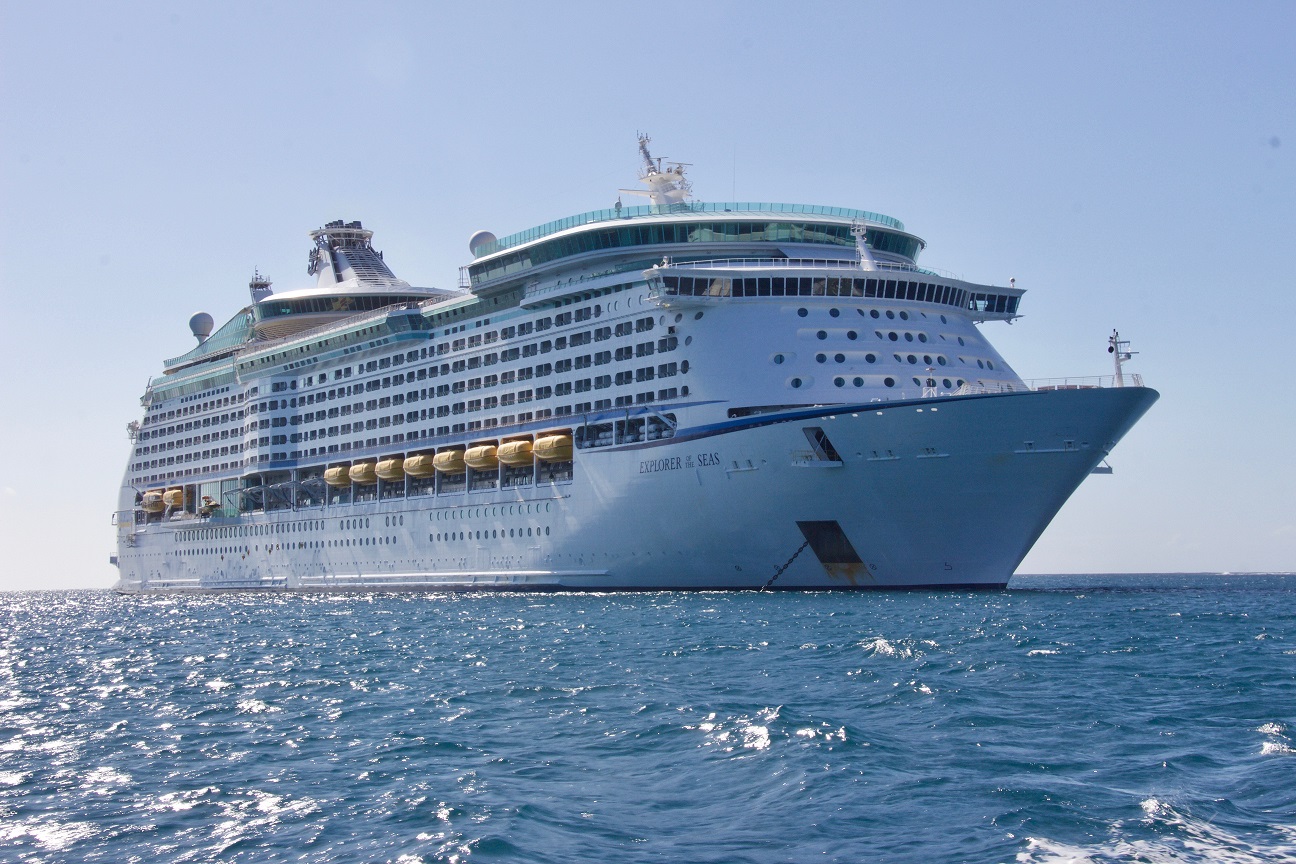Suffering an injury on a cruise ship can be a distressing experience, but knowing how to protect your rights is crucial for securing the compensation and justice you deserve.
Cruises are often portrayed as idyllic adventures, promising relaxation, fun, and unforgettable experiences. However, amidst the luxury and excitement, accidents can happen, and passengers may find themselves injured or in distress. In such situations, knowing how to protect your rights becomes paramount.
Whether it’s a slip and fall, medical emergency, or any other mishap, being prepared and informed can make all the difference in ensuring your safety and securing appropriate compensation. In this article, we’ll take you through what you should do if you are hurt on a cruise ship, focusing on essential steps to safeguard your rights and well-being.
Seek Medical Attention Immediately
The safety and well-being of passengers are top priorities for cruise lines. If you sustain an injury while aboard, your first course of action should be to seek medical attention. Most ships have medical facilities and trained staff to handle emergencies. Even seemingly minor injuries should be evaluated by medical professionals to prevent complications.
Prompt medical treatment not only ensures your health and safety but also establishes a record of your injury, which can be crucial if you decide to pursue compensation later. Remember to keep copies of any medical records, bills, and receipts related to your treatment.
Report the Incident to Cruise Ship Personnel
After receiving medical care, report the incident to the cruise ship’s personnel as soon as possible. This could include notifying the ship’s doctor, the onboard security team, or the guest services desk. Provide details of the accident, including when, where, and how it occurred, as well as any contributing factors.
If possible, make sure that you request a written incident report from the cruise line, and keep a copy for your records. This document can serve as valuable evidence if you need to file a claim or lawsuit later.
Document the Scene and Gather Evidence
If you’re physically able, document the scene of the accident and gather evidence to support your claim. You can take photographs or videos of the area where the incident occurred, including any hazardous conditions, defective equipment, or lack of warning signs. Collect contact information from any witnesses who saw what happened and may be able to provide testimony.
Additionally, make note of any relevant details, such as the weather conditions, lighting, and your actions leading up to the accident. The more thorough your documentation is, the stronger your case may be if legal action becomes necessary.
Consult with a Maritime Injury Attorney

Navigating the legal complexities of maritime law and pursuing compensation for injuries sustained on a cruise ship can be challenging.
To ensure that your rights are protected and maximize your chances of a favorable outcome, it is crucial that you consider consulting with a maritime injury attorney who specializes in maritime law and personal injury claims. A qualified cruise ship accident lawyer can provide you with valuable guidance and representation throughout the claims process, from gathering evidence and negotiating with the cruise line’s insurance company to representing you in court if necessary.
They can also help you understand your legal options and pursue the compensation you deserve for your medical expenses, lost income, pain and suffering, and other damages.
Review the Terms of Your Ticket Contract
When you book a cruise, you typically agree to a ticket contract that outlines the terms and conditions of your voyage, including your rights and responsibilities as a passenger. It is essential that you take the time to review this document carefully, paying close attention to any provisions related to liability, injury claims, and dispute resolution.
Some cruise contracts include clauses that limit the time frame for filing a lawsuit or require disputes to be resolved through arbitration rather than traditional court proceedings. Understanding these terms can help you navigate the legal process more effectively if you decide to pursue compensation for your injuries.
Exercise Caution with Settlement Offers
If the cruise line or its insurance representatives approach you with a settlement offer, it is vital that you proceed with caution. While a quick settlement may seem tempting, it’s essential to evaluate the offer carefully and consider whether it adequately compensates you for your injuries and losses.
Don’t forget to consult with your attorney before accepting any settlement offer to ensure that your rights are protected and that you receive fair and just compensation for your damages.
Wrapping up
Suffering an injury on a cruise ship can be a distressing experience, but knowing how to protect your rights is crucial for securing the compensation and justice you deserve. Following the steps outlined in this article can help you to effectively navigate the aftermath of a cruise ship injury and safeguard your rights. Remember, you are entitled to seek accountability and compensation for injuries caused by negligence or wrongdoing, and taking proactive steps can help you achieve a favorable outcome.


Join the conversation!